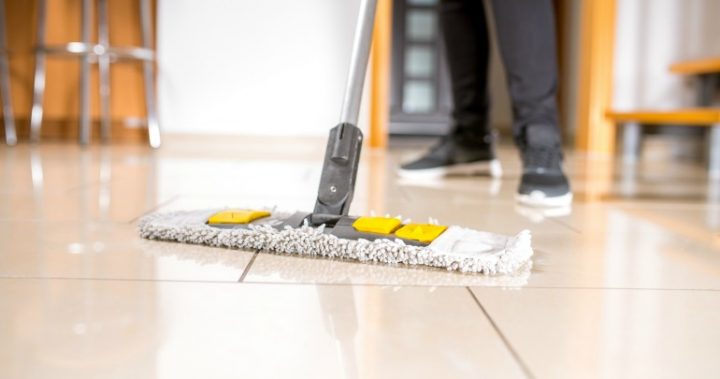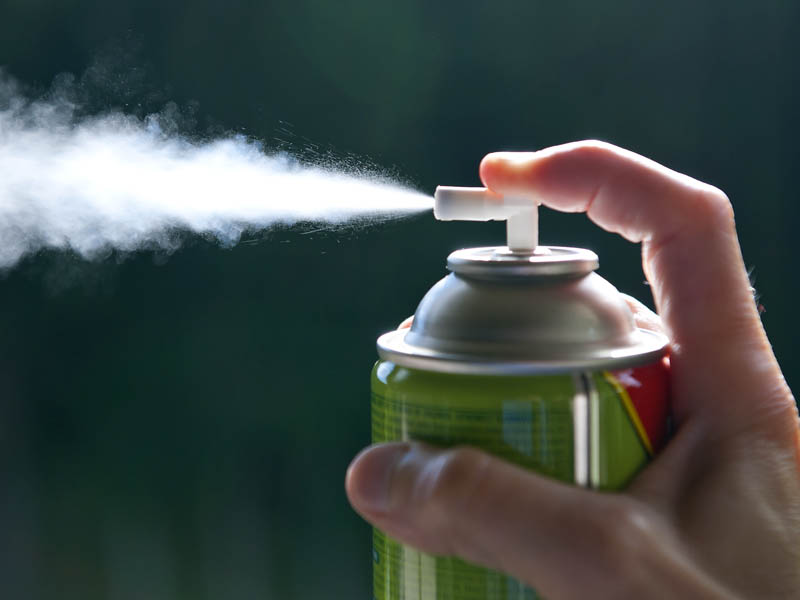Nowadays, household antiseptics are indispensable in any home, because of their great importance in sterilizing and sanitizing each part of it. Antiseptics differ in their forms and usages; there are sanitizers for surfaces and utensils, others for clothes and furniture, and others for bathing, even there are some used for sterilizing wounds.
Household Antiseptics Advantages
Some might think that detergent acts as antiseptics. These people believe what they see only, and they do not know anything about pathogenic microorganisms, which cannot be seen with the naked eye.
Bacteria, viruses, germs, and others surround us everywhere and they are even attached to our bodies; thanks to our immune system, which protects us from deadly diseases. In addition, the use of antiseptics ensures that these organisms do not reproduce for a long time, and prevents the spread of the infection at the presence of an infected person.

Here we ask: If the immune system protects us from these invisible organisms, what is the importance of using antiseptics? The answer simply is that the immune system can be weakened by one or several factors, which vary from one person to another. Pollution, malnutrition and some genetic diseases can cause a weakened immune. Thus, the need for methods to get rid of bacteria and viruses appeared; to reduce infection by diseases.
Antiseptics Active Substances
In addition to its different types and usages, antiseptics also differ in terms of composition and active substances. The most commonly used substances in household antiseptics is chloroxylenol; a substance used in medical soap, surface sanitizers, and others. Alcohol is also used for sterilization in cases of wounds or injuries, and peroxide is used, as well in mouth and tooth disinfectants.

Household Antiseptics Disadvantages
Until recently, it was widely believed that antiseptics do not cause any harm, and do not affect human health or the environment. However, after conducting numerous studies and tests, some of their risks which can be caused by the excessive use of household antiseptics have emerged.
Some of these risks include affecting the environment, where it has become clear that some of the substances used in household antiseptics, especially aerosols, may contaminate the air. In addition, they are dangerous if applied to the skin continuously; though they eliminate harmful organisms, they also kill useful microorganisms located under the layers of the skin, which helps the cells to renew and wounds to heal.

Moreover, a recent American study has revealed a major surprise that might make using antiseptics a real public health hazard. The study revealed that they help creating advanced types of germs and bacteria that are difficult to eradicate.
When antiseptics themselves are used continuously, microorganisms attempt to develop and modify their forms to resist their effects. That result in having new phases that antiseptics cannot overcome; thus, causing new diseases. Yet, it is not certain that these are true facts as studies and tests never end.
References
ehow.com
en.wikipedia.org